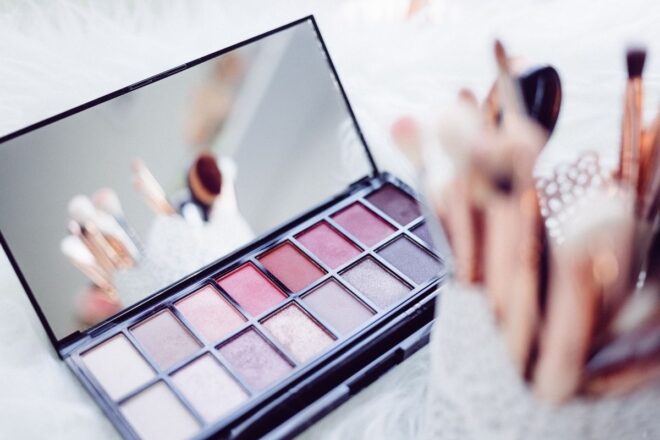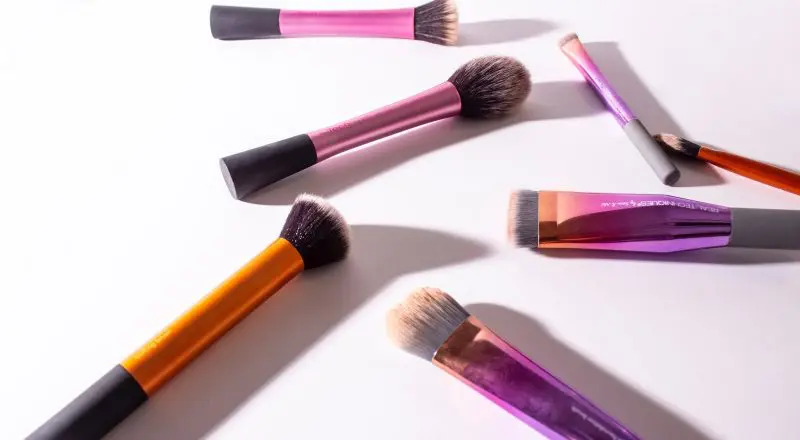When launching a beauty brand, choosing the right cosmetic manufacturer can significantly impact your product’s success and your brand’s credibility. It’s not merely about producing attractive packaging or trendy products; it’s about partnering with a manufacturer whose vision aligns with yours, ensuring quality, reliability, and authenticity in every product. Here’s everything you need to know about selecting an ideal cosmetic manufacturing partner.
Every beauty entrepreneur dreams of seeing their products thrive in the competitive market. Yet, success begins by clearly identifying what your brand represents. Are you looking for organic and cruelty-free products, luxurious aesthetics, or affordability for a wider consumer base? Clarifying these goals helps narrow down the type of cosmetic manufacturer suitable for your needs.
Key Highlights
- A strong brand identity helps you choose the right manufacturing partner.
- Flexibility in production volume and customization is vital for growing brands.
- Manufacturers must comply with GMP and ISO for credibility and safety.
- Innovation and ethical standards build long-term brand value.
- A reliable manufacturer must also communicate transparently and consistently.
- New subheadings provide deeper insight into contracts, audits, location, and scaling.
Production Flexibility and Compliance

A critical consideration when choosing a cosmetic manufacturer is their production capacity and adaptability. You must evaluate whether the manufacturer can handle small-batch production for startups or upscale production as your business expands.
It’s equally important to assess their flexibility in accommodating customised formulations or packaging designs. For instance, selecting a cosmetic manufacturer or private label manufacturer like Opal cosmetics can greatly simplify this process, providing extensive formulation expertise, versatile production capabilities, and compliance with industry regulations.
The beauty industry is heavily regulated, demanding rigorous adherence to safety and quality standards. The cosmetic manufacturer you choose must comply with relevant industry regulations and certifications, including Good Manufacturing Practices (GMP) and International Organisation for Standardisation (ISO). Manufacturers adhering to these standards provide you with confidence and peace of mind, ensuring your products are safe, effective, and market-ready.
Innovation, Sustainability, and Ethics

Innovation sets a brand apart. A cosmetic manufacturer that invests in research and development can significantly enhance your competitive edge. They should offer innovative formulations, the latest ingredients, and advanced production techniques to ensure your products resonate with modern consumer preferences.
Consumer awareness around sustainability and ethical manufacturing practices is at an all-time high. Choosing a cosmetic manufacturer with clear sustainability initiatives, such as environmentally-friendly packaging options or cruelty-free testing, enhances your brand’s appeal.
Manufacturers incorporating eco-friendly practices demonstrate responsibility and integrity, aligning with the growing consumer demand for sustainable beauty products.
Reliability, Reputation, and Communication
Reputation in the cosmetic industry speaks volumes. Reliable manufacturers consistently deliver high-quality products on time and within budget, crucially impacting your brand’s operational efficiency. Investigating a manufacturer’s industry reputation, client feedback, and historical performance can guide your decision-making process effectively.
Effective communication cannot be overstated when selecting a cosmetic manufacturer. Transparency around production timelines, pricing, ingredient sourcing, and potential challenges ensures smooth operations and reduces misunderstandings or unexpected costs. Selecting a manufacturer that fosters open, responsive communication not only streamlines your collaboration but also strengthens your business relationship.
Location and Logistics Matter

Where your manufacturer operates from directly affects cost, lead time, and logistics planning. Brands targeting local markets might benefit from domestic manufacturers due to faster shipping and simpler regulatory alignment. On the other hand, overseas manufacturers can offer cost savings on production, but often with higher shipping costs, customs complexity, and extended delivery windows.
Consider time zones when selecting a manufacturer. Communication delays can stall projects unnecessarily. Ensure they have a logistics framework that supports your delivery schedule. Ask about backup plans for shipping disruptions. Always factor in warehousing options and freight rates before signing a contract.
Legal Clarity and Contract Agreements
Before you proceed, insist on a clear, written agreement. A well-drafted contract outlines responsibilities, payment terms, intellectual property rights, liability, and confidentiality clauses. It should clearly identify ownership of formulations, packaging rights, and penalties for delays or subpar quality.
Key contract inclusions:
- Non-disclosure agreement (NDA) to protect proprietary formulas.
- Timelines for samples, production, and delivery.
- Provisions for disputes, damages, or product recalls.
Have your legal team review the full agreement. Never rely on verbal promises or vague commitments.
On-Site Audits and Quality Checks

Conducting a physical visit to your manufacturer’s facility can reveal issues that email communication or virtual tours may hide. Audits allow you to inspect hygiene protocols, equipment maintenance, staff expertise, and warehouse conditions. You also get to meet the team handling your product.
Even if you can’t visit in person, third-party inspection services offer audits with photos, videos, and compliance reports. Request batch samples before mass production. Ask for testing documentation, COAs (Certificates of Analysis), and safety data to validate product integrity.
Scaling with Confidence
Your manufacturer should not only meet your current demand but also have the infrastructure to support your growth. Some brands fail to meet retail deadlines or lose wholesale opportunities because their manufacturers can’t scale in time.
Ask manufacturers:
- What’s their maximum monthly output?
- Can they add new SKUs quickly?
- Do they offer support in scaling operations?
Growth should never compromise quality. Make sure the manufacturer has a consistent quality control system in place, even at higher volumes.
Customer Service and After-Sales Support

Post-production support reflects how seriously a manufacturer values your business. After-sales service includes resolving defects, handling packaging issues, and assisting with reorders or rebranding.
A strong support system offers:
- A dedicated account manager.
- Quick response time for issues.
- Documentation support for retailers or customs.
Customer service can often separate a mediocre manufacturer from an exceptional one. Trust is built not just during onboarding, but in how they support you when something goes wrong.
Conclusion
Choosing a cosmetic manufacturer or private label manufacturer requires careful consideration of various critical factors including production capacity, quality assurance, innovation capabilities, sustainability practices, and transparency.
This comprehensive approach ensures your beauty brand partners with a manufacturer aligned with your vision, ultimately paving the way for enduring success in the dynamic cosmetic industry.





